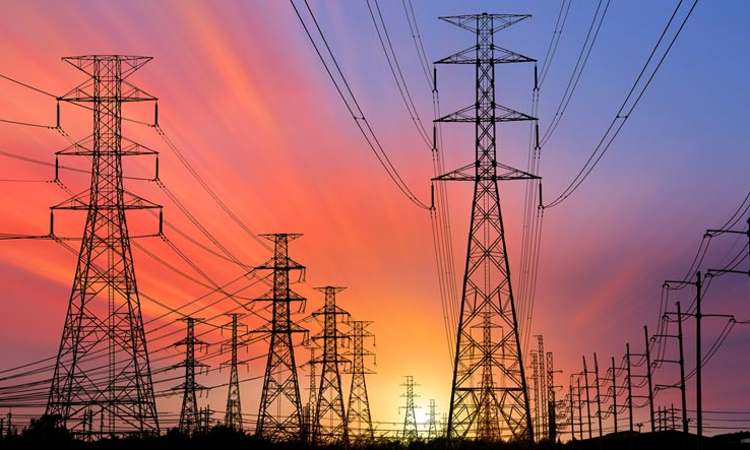Electricity Amendment Bill 2022 Introduced In Lok Sabha, Referred To Standing Committee
LIVELAW NEWS NETWORK
8 Aug 2022 6:03 PM IST

Next Story
8 Aug 2022 6:03 PM IST
The Union minister of Power RK Singh on Monday introduced the Electricity Amendment Bill 2022 in the Lok Sabha to amend the 2003 statute on the subject. The Minister also moved a motion for referring the Bill to Standing Parliamentary Committee for scrutiny.The Minister said that the amendments are necessary to strengthen the regulatory mechanism, adjudicatory mechanism in the Act and to...
